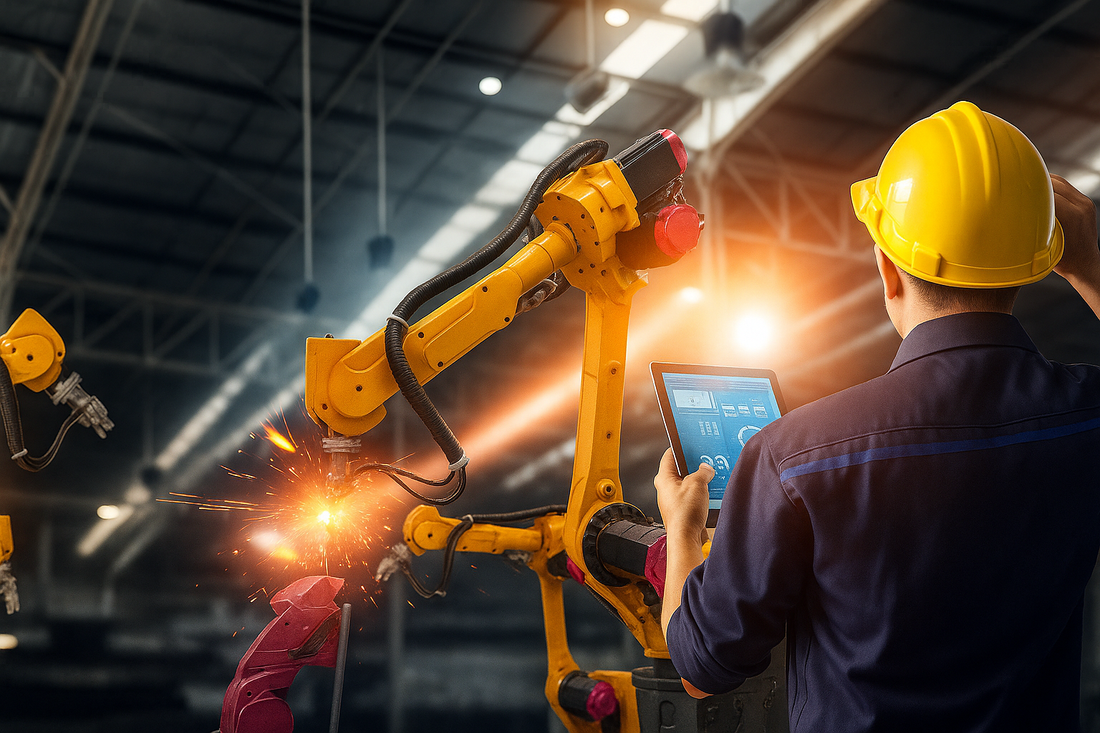
Common Mistakes in Using Specialized Industrial Equipment | Kiraly Solutions
Share
Introduction:
Imagine this – a bustling industrial site where the heartbeat of production relies on specialized industrial equipment. Engineers, procurement managers, and industrial buyers often face the daunting challenge of optimizing these complex machines. It's a world where the tiniest oversight can lead to significant downtime, costly repairs, or compromised safety. In this blog post, we delve into the common mistakes made in using specialized industrial equipment that can impact efficiency and profitability. Let's unravel the intricacies that drive modern industrial operations.
Explanation:
In the realm of modern B2B manufacturing and industrial operations, the correct utilization of specialized industrial equipment is paramount. These high-tech machines are the linchpins that drive productivity, quality, and competitiveness. However, inadequate training, improper maintenance, or disregarding manufacturer guidelines can result in operational hiccups and financial setbacks. Addressing these mistakes proactively is crucial for ensuring seamless production processes and sustainable growth.
Solution:
So, what strategies can mitigate the risks associated with using specialized industrial equipment? One key approach is investing in comprehensive training programs for operators and maintenance teams. By fostering a culture of continuous learning and adherence to best practices, companies can enhance equipment utilization and longevity. Additionally, leveraging predictive maintenance technologies and partnering with expert service providers can preemptively address issues before they escalate.
Industry Relevance:
The correlation between avoiding common mistakes in using specialized industrial equipment and achieving operational excellence cannot be overstated. Efficient equipment usage translates into enhanced production efficiency, minimized downtime, and cost savings. Moreover, optimizing supply chain processes through error-free machinery operations contributes to overall organizational agility and customer satisfaction.
Conclusion:
As we navigate the intricacies of industrial automation and machinery components, let's embrace a forward-thinking mindset. By recognizing and rectifying common mistakes in using specialized industrial equipment, companies can drive innovation, nurture a culture of reliability, and pave the way for sustainable success. Remember, the path to operational excellence begins with a commitment to precision and continuous improvement. Together, let's build a future where industrial challenges are opportunities for growth.
